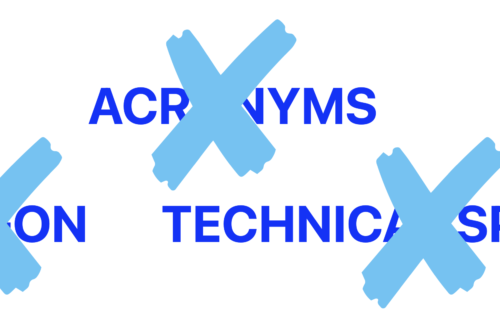Question/Context written by me as well as the answer.
Question/Context: As of September 2024, there were 801 billionaires based in the United States with a combined wealth totaling $6.22 trillion. For comparison, in 2020, the U.S. had 614 billionaires with a combined wealth of $2.947 trillion. As a result, today’s billionaires control significantly more wealth than the bottom half of American families. And wealth disparities are only increasing.
Is this okay? Should a healthy society have such a thing as billionaires? Should wealth be capped — or, at least, should those making more than a billion dollars be taxed at much higher levels?
Defenders of a billionaires’ class assert that the wealthy — as innovators, risk-takers, and job creators — help drive a healthy American economy. While making money off their money, billionaires often retain only a fraction of the social benefits that accrue from their investments. Proponents of unchecked wealth say that any effort to impose income and wealth limits will dampen the richest amongst us’ desires to contribute to the growth of our economy.
Another argument posits that billionaires donate significantly to charities — from homelessness programs to environmental causes to the arts — benefit from individual gifts and foundations that support such causes.
However, not everyone agrees that unbridled income and wealth are good things. This camp believes that wealth and income inequality are a danger to democracy. For example, billionaires — like Elon Musk — have greater access to political leaders and often contribute to candidates and causes that will help them become even more prosperous.
Another line of reasoning for limiting wealth maintains that billionaires invest heavily in financial interests that hurt the rest of society, from environmental damage to food insecurity to unfair market advantages.
Or, did you know that billionaires live, on average, a decade longer than the average person, and their older years also have nearly a decade more disability-free time than the rest of us? Of course, it must be noted that those who live in poverty and less prosperous communities live shorter lives than those higher up the income scale. (This is known by some as “death by zip code.”) Supporters of greater income and wealth equality may ask if a “Billionaires’ Tax” could be used to help others enjoy the life- and comfort-span of the wealthy.
Of course, this post lists only a few reasons for each side of this debate. Do you have more to offer? Or how do you feel about the wealth and income divide? Should a healthy society have such things as billionaires?
My Answer: Wealth and income disparities in this country are obscene, as are the ways that the ultrarich find ways to escape paying their fair share of taxes.
I support using the tax system to reduce the income and wealth of the ultrarich. I don’t see abolishing wealth above $1 billion as a real option. That said, I support reintroducing Rep. Pramila Jayapal’s Ultra-Millionaire Tax Act of 2024—annual estimates raised from this proposal range from $117 billion to $300 billion. The amount of such tax would be equal to the sum of 2% of the amount of taxpayer assets exceeding $50 million, but not in excess of $1 billion, plus the applicable percentage (3% or 6% if certain legislation would be in effect) of the net value of such taxable assets exceeding $1 billion.
The legislation could be used to pay for things like ending homelessness, financing Medicare for All, canceling student loan debt for 95% of people who have it, or paying for universal child care and Pre-K, including raising wages for childcare workers and preschool teachers.
Of course, other people may focus on other injustices we could pay to make right. I am eager to read about those options.





